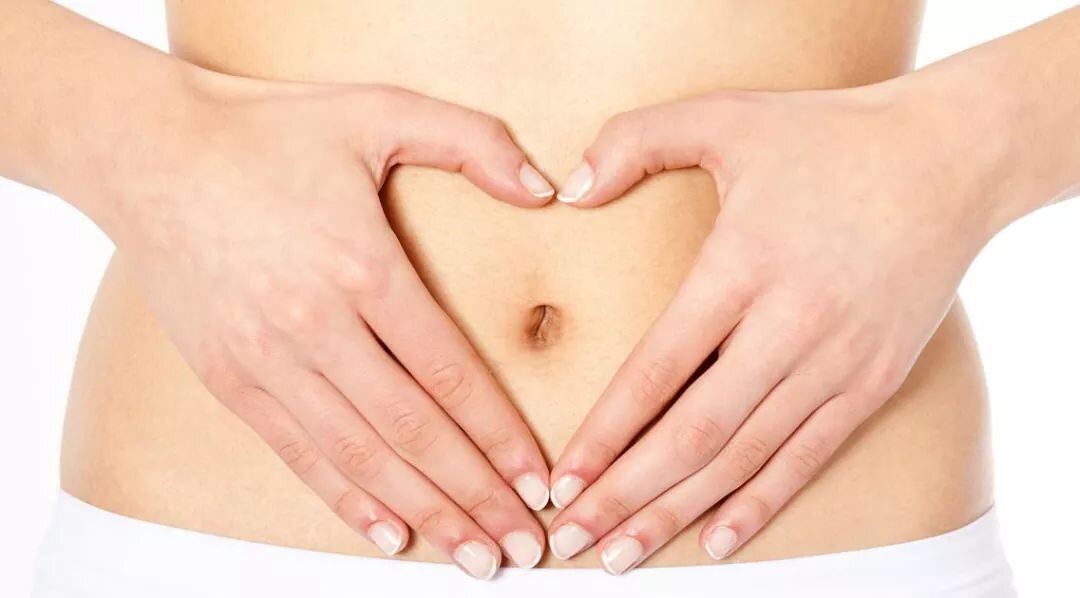Digestion Take #2
Continuing on talking about the digestive system, how it is suppose to work, what could go wrong and some simple things you can do to help!
Let's refresh what we talked about last week! North to South process right? Digestion starts in the brain. Keep in mind that this is not always the case for all dysfunction yet, we do start here.
The stomach is oh so fascinating, well as all of digestion is. So now we have mindfully chewed our food, we swallow, the food (called bolus) passes through esophagus and cardiac sphincter (this allows the bolus to pass into the stomach and to help it from coming back up) to enter the stomach. Upon entrance of the bolus to the stomach gastric juices are released. Think of this like a blender. Mucous, pepsin and Hydrochloric Acid (HCL) are all released for this movement.
Hydrochloric Acid (HCL) is the most important of these juices and the most over looked in Western Medicine. HCL is creating an acidic environment in the stomach, which is disinfecting and breaking down the food, presence of HCL also triggers the release of the the other gastric juices! We are lead to believe that heart burn and discomfort is caused by too much stomach acid, which in fact it is usually caused by too little. The stomach is actually meant to be acidic. With a healthy acidic pH of 1.5 to 3. There is a layer of mucosal lining that helps protect the your cells from the acid.
Roles of HCL:
Baths the stomach
Disinfects the stomach
Kills bacteria and parasites present in our food
Activates pepsin, so we can digest proteins
Stimulates gastrin to be released into the blood stream
Breaks down proteins
So now your food has been blended and mixed with HCL & Gastric juices, the food breaks down even more into a paste called "Chyme".
The Chyme then will enter into the Small Intestine. Which we will continue onto next week.
For now let's talk about what can go WRONG.
1. Lack of Hydrochloric Acid Production, because the stomach has to have pH around 1.5 to 3 for optimal digestion.
Leading causes of lack of HCL production:
Stress
Excess Carbohydrate Consumption
Nutrient Deficiencies
Allergies
Excess Alcohol Consumption
What happens if you aren't producing enough stomach acid? HCL is our first line of defense to protect ourselves against pathogenic microorganisms. Yeast, prions, bacteria, viruses, parasites; little proteins. When the pH is correct the stomach, pepsin will digest these microorganisms, they become food.... When the pH is incorrect, the environment is now able for these organisms to thrive and raise havoc in the GI tract. Hello!! This is why some people tend to be more susceptible to food poisoning than others!
2. Gastroesophageal Reflux Disease (GERD)
Maldigested (inadequately digested) foods cause a reflux, or a backwards flow, back into the esophagus.
If there is not enough HCL in the stomach, foods therefore do not get broken down properly (carbs will ferment, proteins putrefy and fats rancidity.
Esophagus is not made for acidic foods from the stomach, so it burns.
3. Pyloric Sphincter (where passage is before the small intestine) does not want to release chyme into the duodenum. Your body acts like a machine and everything is working together, if the "chyme" is not at the proper acid range the food will not be released into the small intestine to further break down. This can cause discomfort and further issues. This is especially happening if you are taking Acid Blockers!!
What you can do!
If you are currently taking Medication for taking antacids, acid blockers, etc. Obviously if under the care of a physician, never take yourself off a prescribed prescription without first discussing this with your doctor.
Be mindful when you are eating! And drinking too much water before or during a meal can dilute the concentration of HCL & Pepsin.
Ways to Stimulate HCl Production
Supplementation of HCL - I can work with you on this
Warm Lemon Water:
At least 15 to 30 minutes ahead of a meal, slowly sip a mug of warm lemon water. This will stimulate the production of gastric juices. Use the juice of half of an organic lemon, in warm, but not hot, filtered water.
Apple Cider Vinegar:
1 teaspoon raw apple cider vinegar in ¼ to ½ cup warm water. Be sure to use real, unpasteurized apple cider vinegar (with the mother). Right before a meal.
With love,
Amanda
